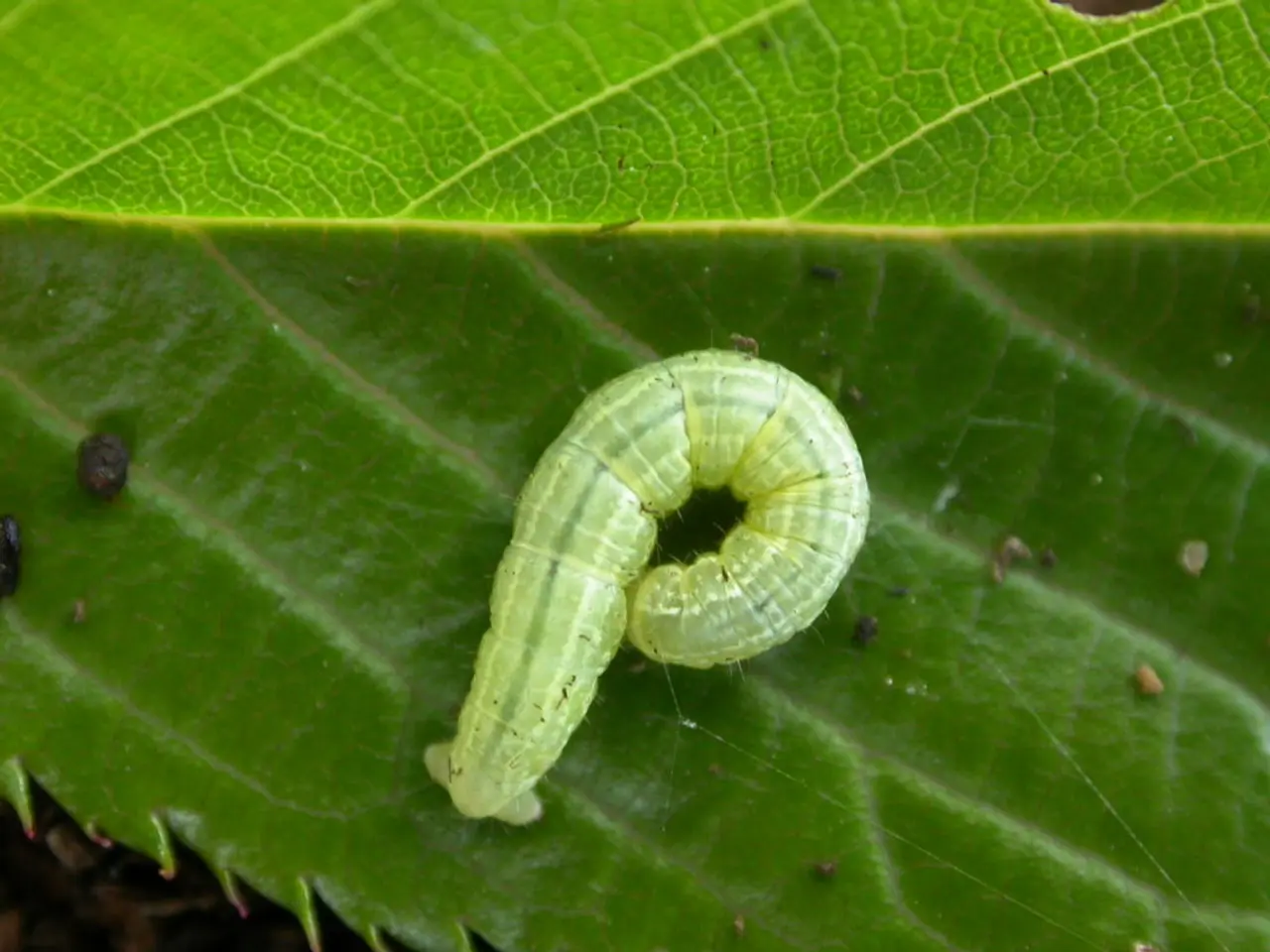Saarland encounters a Tularemia outbreak; Ministry of Health issues a health alert
In the rural region of Saarland, five cases of Tularemia, also known as rabbit fever, have been confirmed this year. This bacterial disease, which can be transmitted through contact with infected wild animals, their carcasses, contaminated water, or undercooked meat, has raised concerns among health authorities.
Tularemia typically manifests suddenly two to five days after infection, with symptoms such as high fever, chills, fatigue, headache, body aches, and swollen lymph nodes. However, many infections go unrecognized or are misdiagnosed, indicating a high number of unreported cases.
Quick diagnosis and timely therapy are crucial for the course of Tularemia. Fortunately, the disease is easily treatable with antibiotics.
At-risk groups, including hunters, forest and farm workers, individuals with frequent contact with wild animals, and those who regularly spend time in nature, are urged to take extra precautions.
The recommended preventive measures primarily focus on avoiding exposure to ticks and infected animals, as there is currently no licensed vaccine for tularemia prevention in humans.
To minimize the risk of tick bites, it's advised to avoid tick habitats during peak activity (April to September), especially in areas with tall grass, brush, or dense woods. Using EPA-registered insect repellents containing at least 20% DEET, picaridin, or other proven active ingredients on exposed skin can also help reduce tick bites.
Wearing protective clothing, such as long sleeves and pants, when outdoors in endemic areas is another effective measure. Practicing good personal hygiene and care after exposure is equally important. This includes checking and promptly removing ticks from the body and clothing, and regularly inspecting warm, moist body areas for ticks.
When dealing with wild animals or animal products, it's crucial to wash hands thoroughly after contact and to avoid contact with sick or dead animals. Cooking meat thoroughly is also essential to destroy the bacteria.
For pets, keeping tick prevention up to date and checking pets for ticks after outdoor activities can prevent ticks from entering human environments.
Regarding vaccination, there is no currently licensed human vaccine for tularemia in the United States or globally, although investigational vaccines are in development.
Health Minister Magnus Jung has urged at-risk groups to take extra precautions against Tularemia. In addition to the measures mentioned above, hunters are advised to wear disposable gloves, an FFP2 mask, and protective goggles in situations with unavoidable contact with wild animals.
For more information on Tularemia and preventive measures, visit the health ministry's website or contact local health authorities. Suspecting an infection, seek medical advice immediately.
[1] Centers for Disease Control and Prevention. (2021). Tularemia. Retrieved July 18, 2021, from https://www.cdc.gov/tularemia/index.html [2] European Centre for Disease Prevention and Control. (2021). Tularemia. Retrieved July 18, 2021, from https://www.ecdc.europa.eu/en/disease-topics/tularemia [3] BioProtecta. (2021). ATI-1701: A promising candidate for a tularemia vaccine. Retrieved July 18, 2021, from https://www.bioprotecta.com/en/news/ati-1701-a-promising-candidate-for-a-tularemia-vaccine [4] Food and Agriculture Organization of the United Nations. (2021). Tularemia. Retrieved July 18, 2021, from https://www.fao.org/ag/againfo/programmes/en/emerging_diseases/diseases/tularemia/98913/en/ [5] National Institute of Allergy and Infectious Diseases. (2021). Tularemia. Retrieved July 18, 2021, from https://www.niaid.nih.gov/diseases-conditions/tularemia
- In the realm of medical-conditions and chronic-diseases, Tularemia, or rabbit fever, is a significant concern, especially for at-risk groups such as hunters, forest workers, and individuals with frequent contact with wild animals.
- Science and health-and-wellness experts emphasize the importance of early diagnosis and treatment for Tularemia, which can be facilitated through knowledge of symptoms and preventive measures.
- Although there is no licensed human vaccine for Tularemia prevention globally, efforts are being made in the field of science and mental-health (for concerned individuals) through the development of investigational vaccines and public awareness campaigns.




